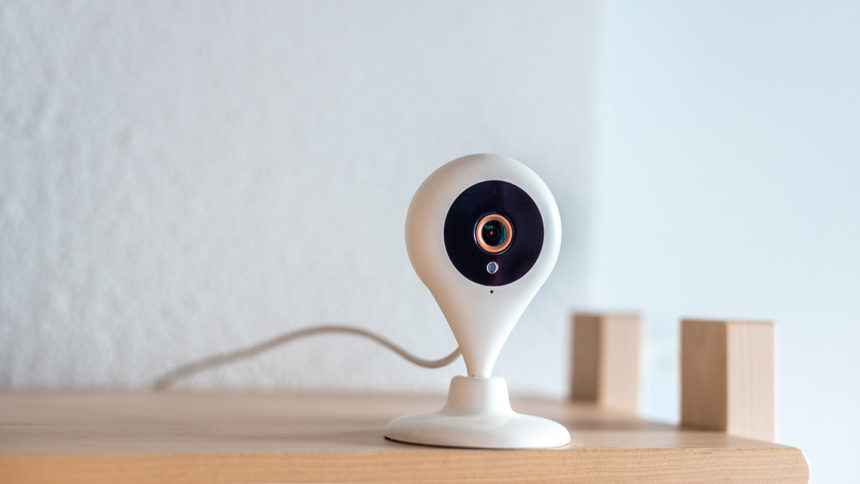(Credit: Jerome Quek / Getty Images Plus)
Assisted living would be added to a bipartisan bill that calls for nursing homes residents and their families to be able to install cameras in their rooms, if some advocates get their wish.
“Esther’s Law,” also known as Senate Bill 58, unanimously passed the Ohio Senate in May and is under review in the Ohio House of Representatives’ Families, Aging and Human Services Committee. The bill would allow residents and families to install electronic monitoring devices as long as they pay any costs associated with their installation, maintenance and removal. It also would prevent facilities from discriminating or retaliating against someone over use of a device.
But the bill, as written, only would apply to nursing homes, skilled nursing facilities and nursing homes licensed through Medicaid and Medicare under the Ohio Revised Code. Assisted living communities would not be affected.
Elderly Advocates, a Cleveland-based advocacy group for older adults living in Ohio congregate facilities, believes the legislation should include assisted living, according to Cleveland.com.
Ohio Health Care Association President Pete Van Runkle told McKnight’s Senior Living that his group is not opposed to the bill but is “leery” of efforts to amend it and prefers “not to open the door to changes at this late hour.”
“The bill has been pending in the current General Assembly, and even going back to the last session,” Van Runkle said. “Sen. (Nickie Antonia, D-Lakewood) did quite a bit of work on the bill white it was in the Senate. Any interested parties had the opportunity to bring forth their concerns or ideas in that process.”
LeadingAge Ohio told McKnight’s Senior Living that it is not a proponent of the bill and does not support including assisted living this late in the process. Patrick Schwartz, director of strategic communications, said the association is remaining neutral “given a merciless pandemic that separated loved ones and elders for months.”
“It is disheartening that long-term care workers seeking to maximize quality of life and dignity for vulnerable older adults are viewed as needing constant surveillance under the assumption they will do harm,” the spokesman said. “We continue to echo concerns related to legislation that provides an avenue for compromising the inherent dignity of our elders and could harm the caregiving relationship.
“Legislation that implies the need for constant surveillance could cool authentic relationships that are built in this sector between residents, families and workers.”
Antonio told Cleveland.com that the bill is narrowly focused intentionally, so that it can progress through the state legislature after previous attempts were unsuccessful. If the bill becomes law, legislators could expand the law to include other types of settings in the future, she said.
The bill is named for Esther Piskor, a late long-term care resident whose family documented abuse via a room camera. One nurse’s aide went to prison for the abuse, and another spent six months in prison.
Connecticut, Minnesota, Missouri, North Dakota, Oklahoma, South Dakota, Texas and Utah have laws mandating that assisted living communities accommodate resident requests to install electronic monitoring equipment in their rooms. New Jersey also has a “Safe Care Cam” program that loans micro-surveillance equipment to healthcare consumers, including families of assisted living and nursing home residents.
States with “granny cam” laws that apply to nursing homes include Illinois, Kansas, Louisiana, Maryland, New Mexico, Oklahoma, Texas, Utah, Vermont, Virginia and Washington state.


